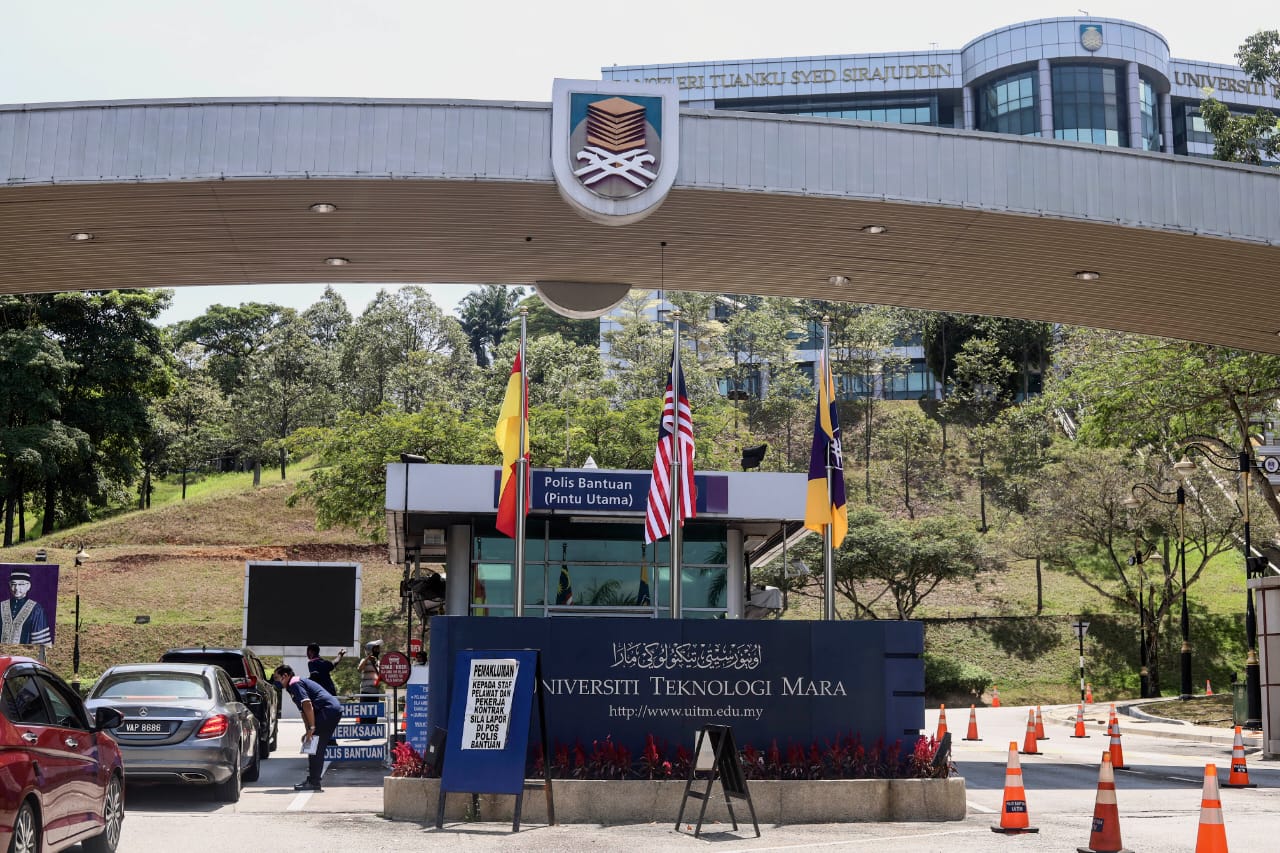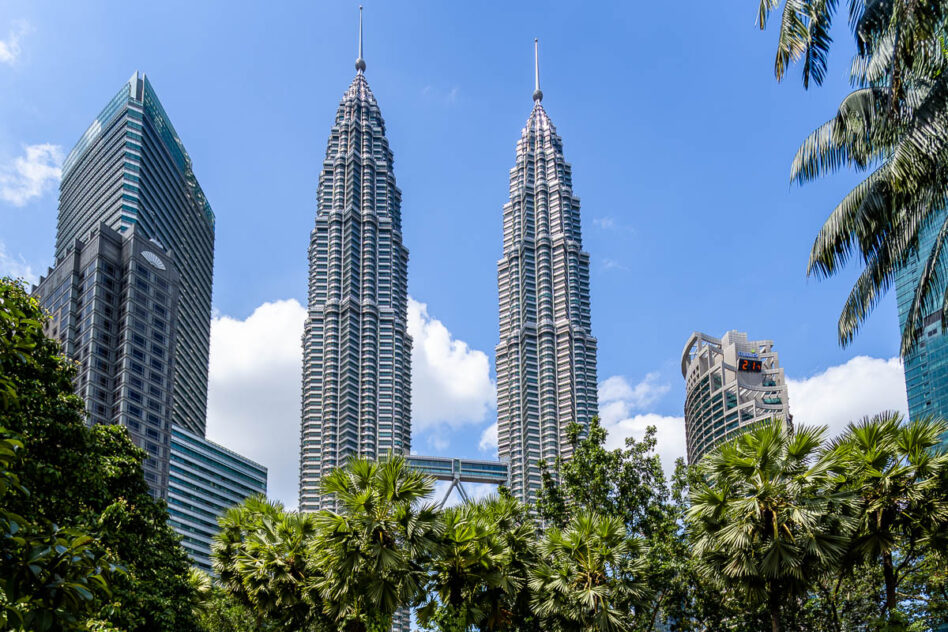MALAYSIA’S recent controversy surrounding the Universiti Teknologi MARA (UiTM) cardiothoracic surgery programme has reignited the national discussion on the country’s apartheid policies.
UiTM, historically reserved for only “Bumiputera” (literally “sons of the soil”) students, has faced criticism for its exclusionary policies, which many argue perpetuate racial inequality.
The introduction of a new cardiothoracic surgery programme, which does not require a medical examination for entry, has further highlighted the disparities in educational opportunities between Bumiputera and non-Bumiputera students.
Malaysia is unique in the world in its practice of apartheid, where decades-old, outdated policies favouring the majority Malay population, known as Bumiputera, deeply disadvantage minority ethnic groups such as Malaysian Chinese, Indians, and other minority groups.
These aggressively-biased policies, especially the 1970 Malaysia New Economic Policy (NEP), were initially aimed at reducing economic disparities.
However, these policies have devolved into mechanisms that systematically disadvantage non-Malay ethnic groups, particularly the Chinese and Indian communities.
This form of racial discrimination is still evident in various sectors, including education, where non-Bumiputera students face significant barriers to accessing quality higher education and scholarships.
Government policies of positive discrimination favour the Malay majority and Bumiputera status, particularly in areas such as education.
Bumiputera students receive heavily subsidised education in local universities and dominate these institutions, both in terms of student population and employment opportunities.
Non-Bumiputera students often find it challenging to secure scholarships and placements in public universities, leading to a significant disparity in educational opportunities.
The recent attack by UMNO Youth chief Akmal Saleh on journalist Andrew Sia for his opinion article titled “Apartheid Academy” is a stark reminder of the resistance to change within certain political circles.
Sia’s article, which criticised the racial exclusivity of UiTM, was met with hostility from Akmal, who angrily defended the status quo, and demanded that Sia retract the article and apologise.
This overreaction highlights the deep-seated reluctance of Malaysian elites to address and rectify racial inequalities in Malaysia. Instead of silencing critics, political leaders should engage in constructive dialogue to find solutions that promote inclusivity and equality.
This January, Prime Minister Datuk Seri Anwar Ibrahim publicly criticised a student from Universiti Utara Malaysia (UUM) for questioning the Bumiputera quotas in university admissions.
Anwar’s response was harsh, as he interrupted the student and reiterated his stance that the racial quota system could not be abolished without risking electoral losses for his political coalition.
He argued that removing the quotas would lead to the rise of opposition parties, which he claimed would not be favourable for non-Bumiputera students.
Anwar’s justification for maintaining the apartheid-like quota system is deeply flawed. His argument that the political coalition would lose votes if the status quo were changed underscores a troubling prioritisation of political power over principles of equality and meritocracy.
This reasoning perpetuates a system that discriminates against minority students, denying them fair access to educational opportunities based on their abilities and achievements, and contributing to Malaysia’s brain drain.
Moreover, Anwar’s approach to the student’s question was seen as dismissive and authoritarian, reflecting a reluctance to engage in meaningful dialogue about necessary reforms.
Instead of addressing the systemic issues and working towards a more inclusive and merit-based education system, Anwar’s stance reinforces the status quo, which continues to marginalise a significant portion of the Malaysian population.
Ending Malaysian apartheid is not just a moral imperative but a necessary step towards building a cohesive and progressive society.
The controversy surrounding the UiTM cardiothoracic surgery programme and the January 2024 incident should serve as catalysts for broader reforms in the education system.
It is time for Malaysia to embrace policies that ensure equal opportunities for all its citizens, regardless of their racial background.
Only then can the nation truly harness the potential of its diverse population and move forward as a united and prosperous country. – May 27, 2024
Athena Angel is a reader of Focus Malaysia.
The views expressed are solely of the author and do not necessarily reflect those of Focus Malaysia.
Main pic credit: Kosmo Digital










